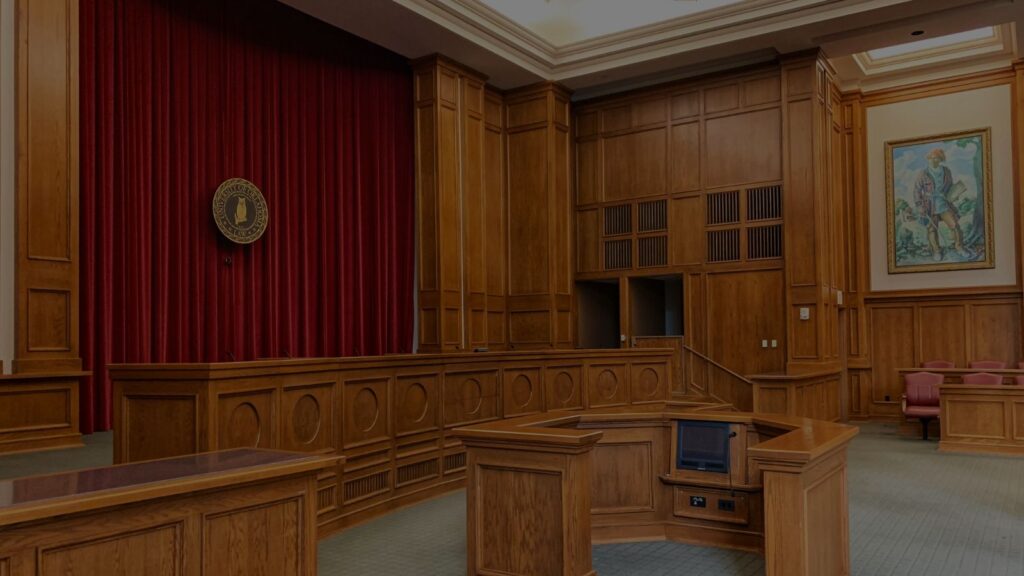Case Overview
In a recent case, a client hired our firm to represent him in a controversy with the IRS. He had owed $135,000.00 in unpaid payroll taxes from a business that was established well over 8 years ago.
The best part is that he was only an employee of the business; however, the owner decided to put our client down as a member-manager so that he could take the fall for the Medicare and Social Security that the owner stole out of his employees’ paychecks.
Initiating the CDP Hearing
The client had called us and explained the whole story. Since he had been receiving collections notices, we filed for a Collections Due Process (CDP) hearing.
A few months later, we got our chance to be heard. Our client’s grounds were that he never received notices regarding this liability. This is absolutely true. He had actually moved out of state for a number of years and never knew about the liability until it came to light in 2017.
Demanding Proof from the IRS

We asked the IRS to produce proof of mailing that our client was in fact served at the correct address.
Six months had gone by since the CDP hearing and we did not hear back from the IRS regarding this matter.
IRS Resolution
Finally, the IRS sent us a letter stating that they neither agree nor disagree with our position, but instead, are ready to alleviate our client of this payroll tax burden of $135,000.00.
Signed and sealed, our client is now enjoying life without a hefty tax liability.
Summary: Benefits of an IRS CDP Hearing
Especially useful for cases involving improper notice or address discrepancies.
Allows taxpayers to dispute IRS collection actions.
Provides a formal platform to present evidence or raise procedural issues.
Can lead to resolution even when the IRS doesn’t explicitly agree or disagree.
Frequently Asked Questions
What is a Collection Due Process (CDP) hearing?
A CDP hearing is a formal procedure that allows taxpayers to dispute IRS collection actions, such as liens or levies. It provides the opportunity to present evidence, correct errors, and negotiate solutions directly with the IRS.
Can an employee be held liable for a business’s unpaid payroll taxes?
Yes, under certain circumstances, the IRS may pursue an individual listed as a responsible party, even if they were only an employee. In this case, the client was misrepresented as a member-manager, which led to the liability.
What happens if I never received IRS notices about a tax liability?
If you never received proper notice due to address issues or other errors, this can be valid grounds for relief during a CDP hearing. You may be able to challenge the collection or even have the liability removed.
How long does it take to hear back from the IRS after a CDP hearing?
Response times can vary significantly. In this case, it took about six months before the IRS responded to the hearing request with a resolution.
What was the final outcome of this case?
The IRS agreed to remove the client’s $135,000 payroll tax liability without formally accepting or rejecting the arguments, providing financial relief and closure for the client.

